Southeast European countries are creating a permanent fund for cooperation in the sphere of culture. The decision has been taken at a meeting of the Council of Ministers of Culture of SEE, as president of the council in the past year was Bulgaria. The role that this council has played in the past 15 years is particularly important for maintaining productive dialogue and cultural cooperation among the countries of the region, Minister of Culture Boil Banov said and added that the work of the Bulgarian presidency of the Council of Ministers of Culture in Southeastern Europe in recent months has been dictated by the increasing importance of culture and cultural heritage in the region's agenda.  “We have conducted a very fruitful discussion focusing on the contribution of culture in international relations. At the meeting, a consensus was reached on the idea that in today's globalized and complex world, international cultural cooperation is crucial to achieving good strong neighborly ties between countries. The unchangeable role of culture in building not only more cohesive societies but also building understanding in the region in which we all live, is undeniable,” Minister Boil Banov said. When it comes to the objectives of the SEE Cultural Cooperation Fund, the Minister said:
“We have conducted a very fruitful discussion focusing on the contribution of culture in international relations. At the meeting, a consensus was reached on the idea that in today's globalized and complex world, international cultural cooperation is crucial to achieving good strong neighborly ties between countries. The unchangeable role of culture in building not only more cohesive societies but also building understanding in the region in which we all live, is undeniable,” Minister Boil Banov said. When it comes to the objectives of the SEE Cultural Cooperation Fund, the Minister said:
“This fund, financed primarily through the culture budgets of the member states, would invest additional funds and efforts in promoting our cultures, heritage, creativity and innovation, as well as in promoting the positive image of the region as a whole. The fund will be promoting the implementation of regional and international cultural cooperation projects on the basis of coordinated actions of the Southeast European countries and their common priorities. It would allow for pooling of resources, facilitation of cooperation and cultural exchange.”
In the coming months, the specific rules, mechanisms and contributions of each Southeast European country will be defined.
The meeting of SEE culture ministers in Sofia was the last in the framework of the Bulgarian presidency of the Council of Ministers of Culture. Croatia will be holding the presidency until 2020. This is happening in an important moment for the country coinciding with its presidency of the Council of the EU /January –June 2020/. Rijeka will also be the next European Capital of Culture, along with the Irish city of Galway. Croatian Deputy Minister of Culture Iva Hraste-Sočo has pointed out that while being head of the Council of Culture Ministers, the country would pay particular attention to better connectivity among the countries in the region, as well as finding appropriate models and mechanisms to enhance the mobility of artists and cultural experts.
English: Alexander Markov
Minister of Culture Marian Bachev has opened the Bulgarian stand at the 77th Frankfurt Book Fair. The minister expressed gratitude to the organizers of the Bulgarian Book Association, the Bulgarian Cultural Institute in Berlin and..
The Bulgarian Cultural Institute “Dom Wittgenstein” in Vienna presents the first edition of the “Day of Architecture” series. The event is dedicated to the mutual ties between Austria and Bulgaria in architectural modernism, the Institute announced on..
The Museum of Photography Kazanlak is presenting the exhibition '' Selected'' from the 26th edition of the Photo Academy by the National Association ''Academy of Photography Yanka Kyurkchieva'', reports BTA. The exhibition will feature six..
Theater enthusiasts in Bulgaria are already counting the hours until start of the 13th edition of Theaters Night. This exciting evening will turn the..
Bulgarian artist and architect Vivia Niki presented her new land art creation—a giant three-dimensional candle painted on a meadow in the forests of the..
The first Sound and Light multimedia show took place at Tsarevets fortress in Veliko Tarnovo in 1985. The occasion – the 800 th anniversary of..

+359 2 9336 661
